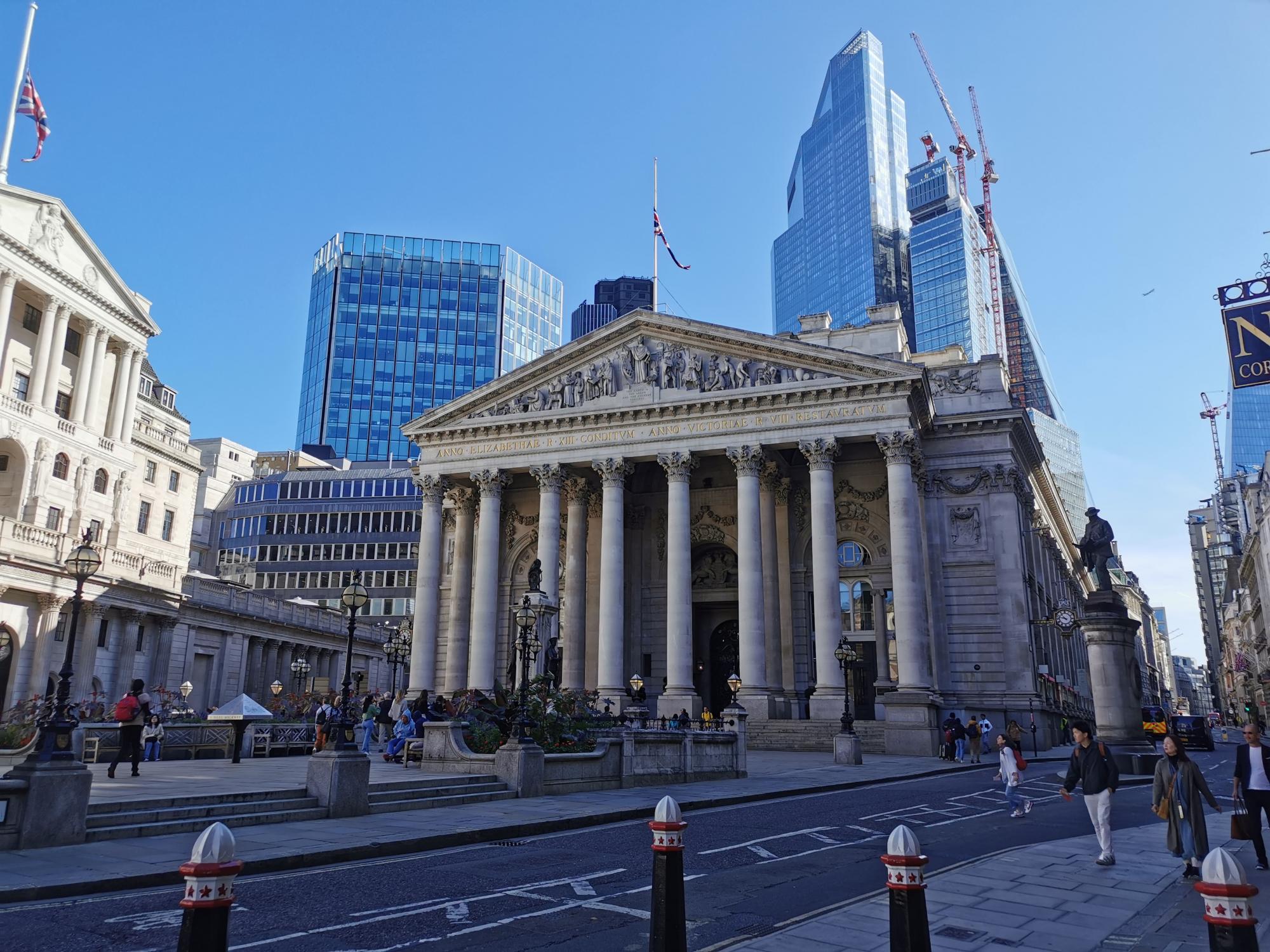Test- FTSE 100 Kicks Off August on a High as BP and Senior Lead Market Momentum
$11
10 Oct 2025, 13:13

Unsplash.com

After 14 straight rate hikes, the Bank of England has maintained interest rates for the third time in a row.
The Monetary Policy Committee's established Bank rate of 5.25% will not change.
Although savers are unlikely to enjoy a lift, another pause would provide some comfort to homeowners who have seen their mortgage rates climb.
When will interest rates drop?
Right now, the bank rate is at its highest point in fifteen years.
According to the hypothesis, as interest rates rise, borrowing becomes more costly, which reduces people's disposable income and lowers demand and inflation.
Since December 2021, rates have increased 14 times in a row as the Bank attempts to drive inflation closer to its 2% objective.
In the year ending in October, prices increased by 4.6%, as reported by the Office for National Statistics (ONS). This was lower than the peak growth of 11.1% in October 2022 as well as slower than the increase one month before.
The decision to halt the bank's rate hikes has been influenced by decreases, even though that is still more than twice the bank's objective. Six of the nine members of the committee voted to keep things the same in the most recent decision.
Officials will be closely monitoring the "core inflation" rate, which is a metric that excludes volatile components like food and energy.
It is unlikely that rates will truly begin to decline once more before the upcoming summer.
UK rates were formerly predicted to increase above 6%, but even in the event of a later increase, that peak is now anticipated to be lower.
The Bank must strike a compromise between the need to curb price increases and the danger of hurting the economy, which has not shown many signs of expansion.
To determine rates, its Monetary Policy Committee gathers eight times a year.
What effects may interest rates have on you?
Loans & credit cards
Interest rates set by the Bank of England affect credit card, bank, and auto loan rates.
According to bank statistics, the average annual interest rate for credit cards was 21.05% and for bank overdrafts, 22.52%, in October. Personal loan rates averaged 8.71%, a very tiny decrease from the previous month.
If lenders anticipate that the Bank of England will eventually raise interest rates, they may choose to increase their rates.
Mortgages
The government's English Housing Survey indicates that just less than one-third of households own a mortgage.
More than 1.4 million consumers with a tracker and standard variable rate (SVR) plans typically experience an instant adjustment in their monthly payments when interest rates rise or fall.
Even with the halt on rate increases, people with tracker mortgages are still paying £540 more per month and people with SVRs are paying £299 more per month than they would have in December 2021.
Approximately 75% of mortgage clients have fixed-rate mortgages. Mortgage rates remain far higher than they have been for most of the previous ten years, but lenders may feel more confident now to cut them.
Homebuyers and those refinancing will pay significantly more than they would have if they had taken out the same mortgage a year or earlier due to comparably high-interest rates.
Savings
There has been pressure on specific banks and building societies to pass on increases in interest rates to their clientele.
Analysts advise buyers to compare prices as there are now some excellent offers available, and many will have accounts that cost little to nothing.
Financial watchdog in the UK has threatened banks with "robust action" if they provide their clients unreasonably low savings rates.
Why are costs increasing?
Globally, inflation has been comparatively strong since Covid boundaries were loosened and consumer spending increased.
A lot of businesses had trouble finding enough inventory to sell. In addition, the price of petrol and oil had increased, which was worsened by Russia's invasion of Ukraine.
Additionally, even though there are numerous international elements influencing inflation, the UK is also experiencing domestic issues, such as growing wages.
(Sources: bbc.co.uk)